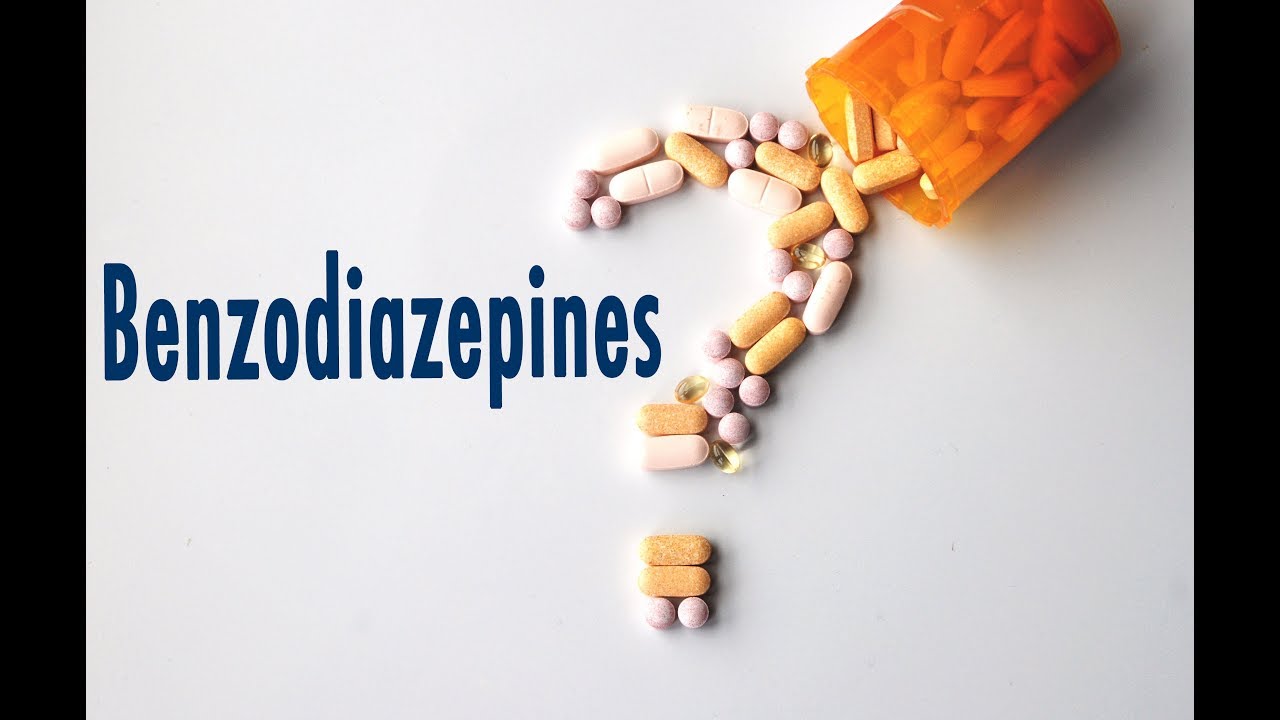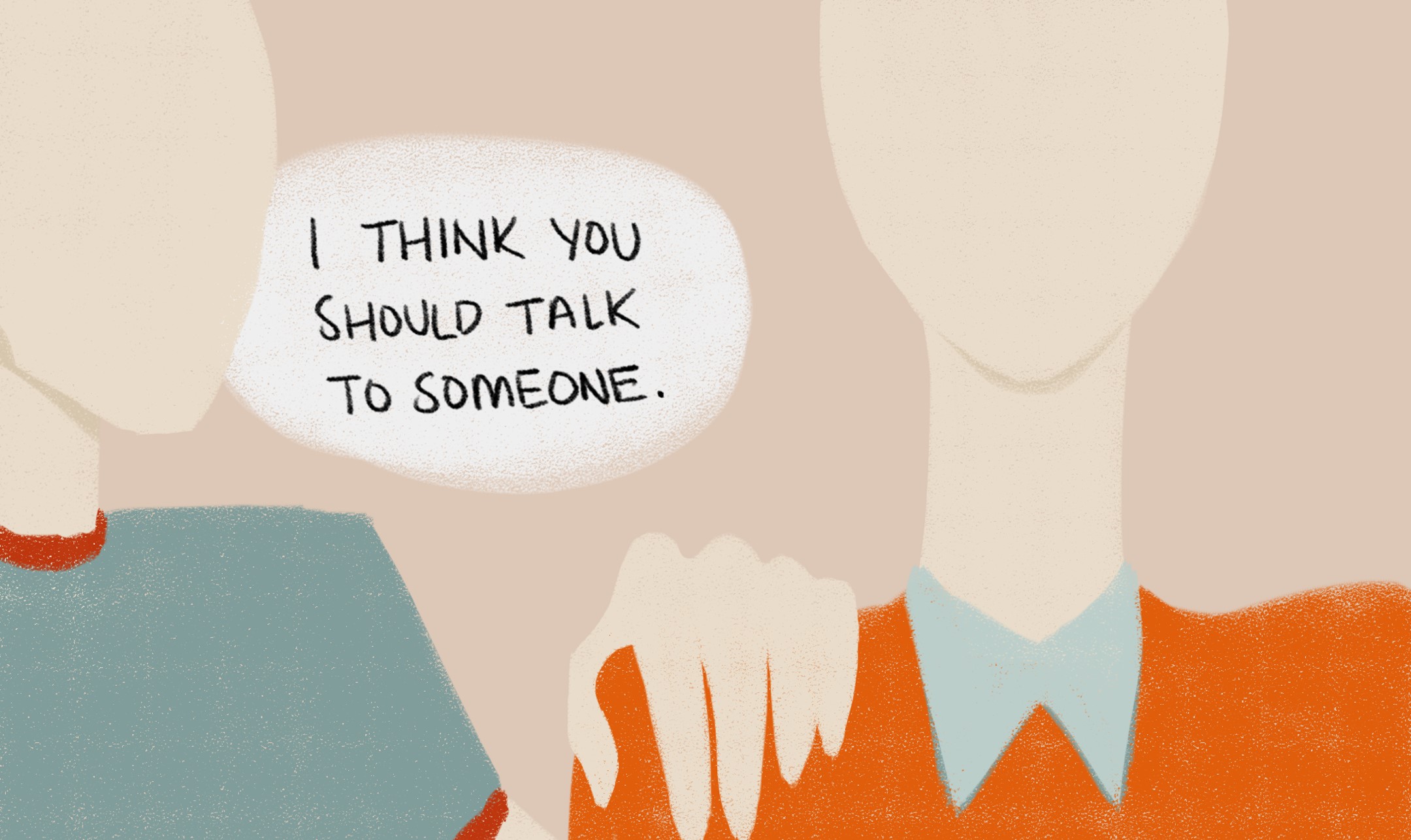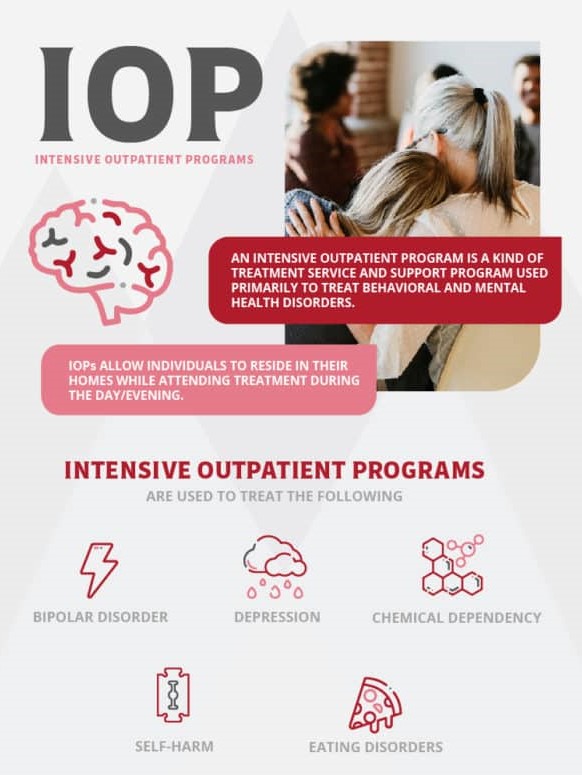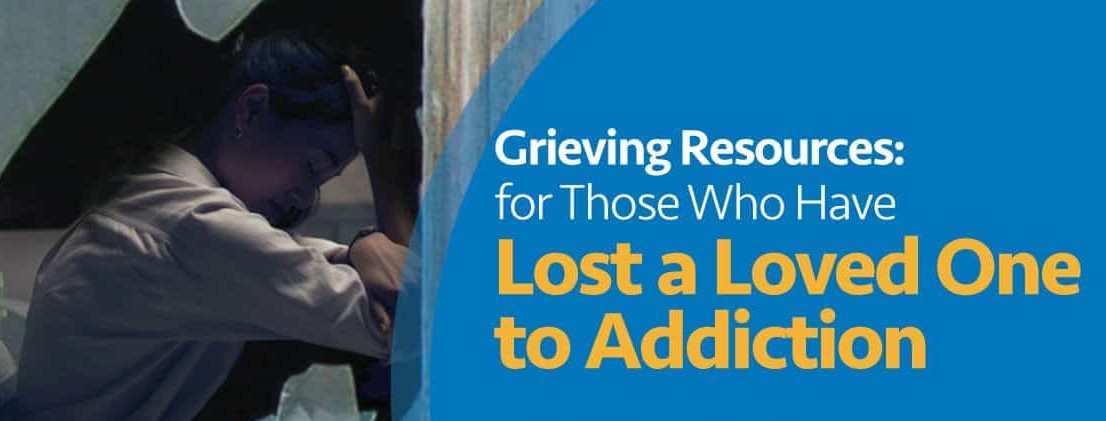Abandonment and Addiction
Abandonment trauma can lead to addiction as individuals turn to substances to cope with feelings of rejection and insecurity. This manifests physically as stress and cravings, and emotionally as depression or isolation. Without healthy coping strategies, the risk of addiction increases. However, recovery is possible through self-management, family support, and community resources that foster resilience, … Read more









